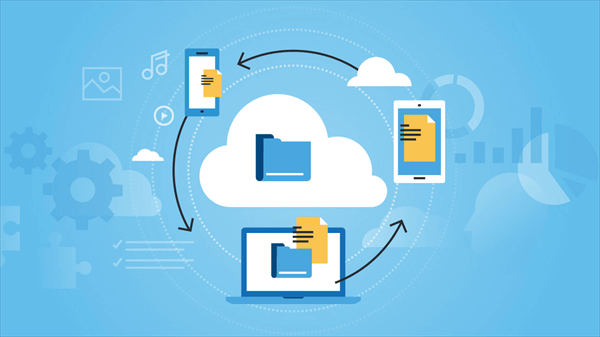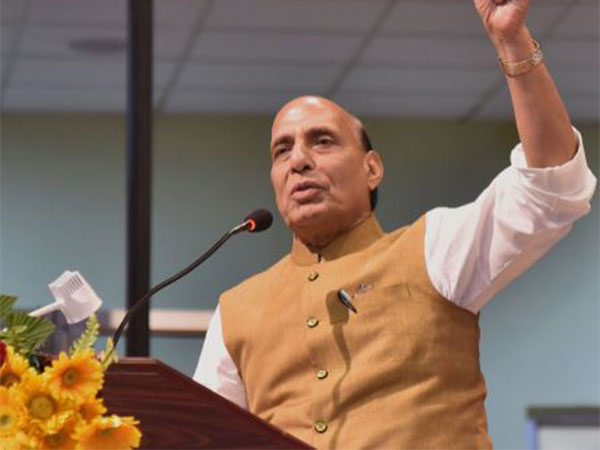In today’s digital age, many folks treat social media like a personal diary, chronicling their lives for friends and followers. While sharing can foster connection, the lack of face-to-face interaction often leads to missteps in communication. It’s not social media that’s the problem; it’s how we choose to use it. If you’ve ever found yourself wondering if you’ve overshared, it’s time to rethink your approach and take control of your online presence. Here are the tips for Avoiding Oversharing on Social Media.
Understanding the Risks of Oversharing
Oversharing can expose you to various risks, impacting everything from your social interactions to job prospects. It’s essential to grasp the concept of digital etiquette. Ideally, taking breaks from social media can be beneficial, but if that’s not feasible, consider moderating your sharing habits. Here’s how to keep your online presence healthy.
Explore Other Outlets for Sharing
Social media platforms have transformed our interactions. While they can help us connect, they can also lead to unintentional oversharing. Recognize that online sharing isn’t the same as face-to-face conversations. Focus on nurturing real-life relationships and consider how to share personal details appropriately. If something feels too personal to share, it’s likely best to keep it to yourself.
Think Before You Click “Post”
Whether you’re a frequent poster or share only occasionally, take a moment to review your content. Remember, once something is online, it can be challenging to erase it completely. Even if you delete an account, your data may linger. Be cautious about what you share—avoid revealing sensitive information in photos or posts, as it can be misused.
Be Mindful of Third-Party Applications
Pay attention to any third-party apps linked to your social media accounts. Some may seek access to your information, potentially putting your data at risk. Regularly review these connections and remove any apps that seem unnecessary or suspicious.
Choose Your Photos Wisely
Before uploading photos, take a second look to ensure they don’t reveal anything private, like your credit card or personal documents. Some images should remain private altogether—think carefully about sharing photos that could compromise your identity, relationships, or career.
Maintain Boundaries Between Personal and Professional Life
What’s suitable to share with friends may not be appropriate for your professional network. To prevent blurring these lines, consider creating separate profiles for personal and professional use. This way, you can tailor your content for each audience while maintaining discretion.
Clean Up Your Online Presence
Finally, take time to review your network and adjust your privacy settings. Regularly eliminate posts that share personal information or no longer reflect who you are. Clearing out outdated connections helps you maintain a relevant and supportive online community.
By being mindful of what you share and with whom, you can enjoy the benefits of social media while protecting your privacy and reputation. Take charge of your online narrative and cultivate a more thoughtful approach to sharing.
Conclusion
In a world where social media dominates our communication, it’s crucial to strike a balance between sharing and safeguarding your privacy. By being mindful of what you post and understanding the potential consequences of oversharing, you can create a healthier online presence. Embrace real-world connections, think carefully before hitting “share,” and set clear boundaries between your personal and professional life. With these strategies in place, you can enjoy the benefits of social media while protecting your identity and fostering genuine relationships. Take control of your narrative, and make your online experience a positive one.
Related Topics
10 Top Free Looksmax AI Alternatives
How To Download Netflix For MacBook Air
How To Block Group Facetime Calls On iPhone: Easy Steps




















